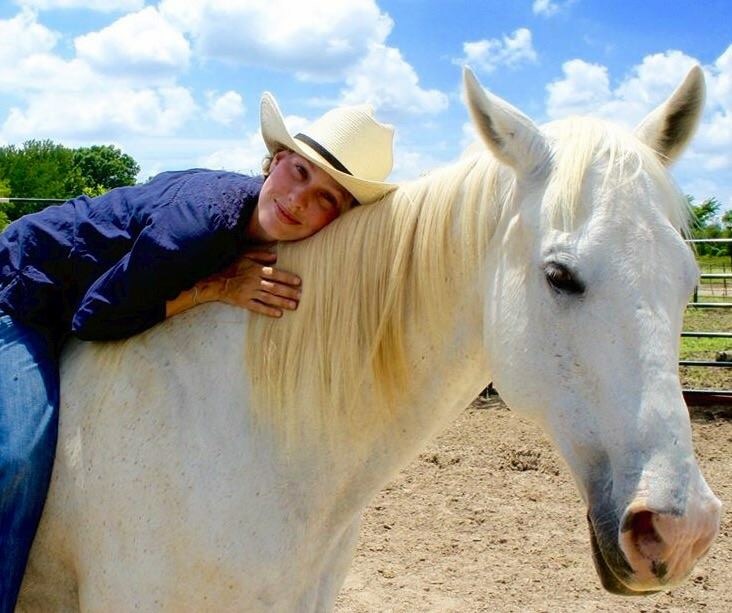HOME
The Breakthrough
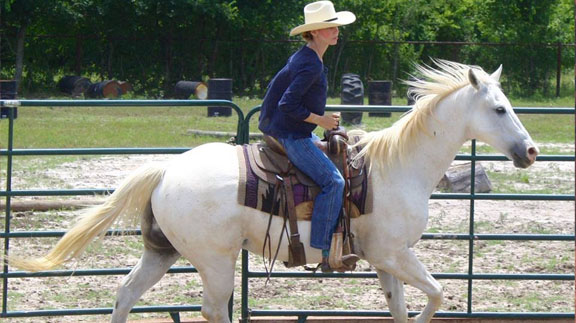
By Amanda Stevens
I am so blessed to work alongside my husband and to have the opportunity to work with so many amazing horses.
One of the most special experiences we have as horse trainers is seeing “the breakthrough.”
“The breakthrough” is when, after a certain amount of time in training, a horse begins to relax with the process, gains more trust for the human and wants to build the relationship with the human.
You can subtly see it start to happen. We call it “making changes.”
It is a gradual process, but then one day, almost like magic, you see a huge difference and that is when the breakthrough happens. You can see it during the training- groundwork, riding, etc. But often you will feel it with them just by being with them, leading them. Usually you can just look at them and see the difference.
They become more relaxed, wanting to connect, welcoming other energy into their world.
It is why we do what we do—to help horses gain complete trust for the human so that they can have an enjoyable life with humans. Along the way hopefully we are educating as many people as we can as to how to better communicate with their horse in a harmonious way.
As a recent breast cancer survivor, I know about anxiety. It is something I continue to have to work through every day.
There is a beautiful lesson horses can teach us about living in the moment and opening our hearts to what is surrounding us.
One of the most fascinating things to me about horses is the way they can let go of past experiences and move forward to truly heal emotionally. Now, some are definitely able to do so more than others. And there are a few that can’t completely go there.
But we have worked with countless horses that have had horrific experiences in their lives. Sometimes you can see the scars physically; other times you can read it all over them by the way they act. With almost all of those horses we have worked with, after some time of being treated with love and respect, they are able to let go of past experiences and open their hearts to try for what the human is asking of them and to want to become our partners.
Letting go. Living in the Moment. An open heart.
Every single horse we work with inspires me and enlightens me.
We are all so blessed to have these magnificent creatures in our lives.
Hope everyone is having a wonderful start to the New Year!
Sending lots of love to all of you and your horses,
Amanda Stevens
P.S. The horse in the pictures is our nineteen year old gelding, Snowflake. He was trained originally to be a roping horse. When we met Snowflake, he had a lot of animosity towards the human. Although you could ride him, he did not trust anyone. He was very aggressive, would bite you and literally would try to run you out of the stall during feeding.
It took time, but he slowly started to change. Then one day, he made the breakthrough. He hasn’t shown any of that behavior for over 10 years now. He was one of the main horses who taught me how to ride. He is so special to me and is one of my dearest friends.
HOME
Preparing Spring Gardens
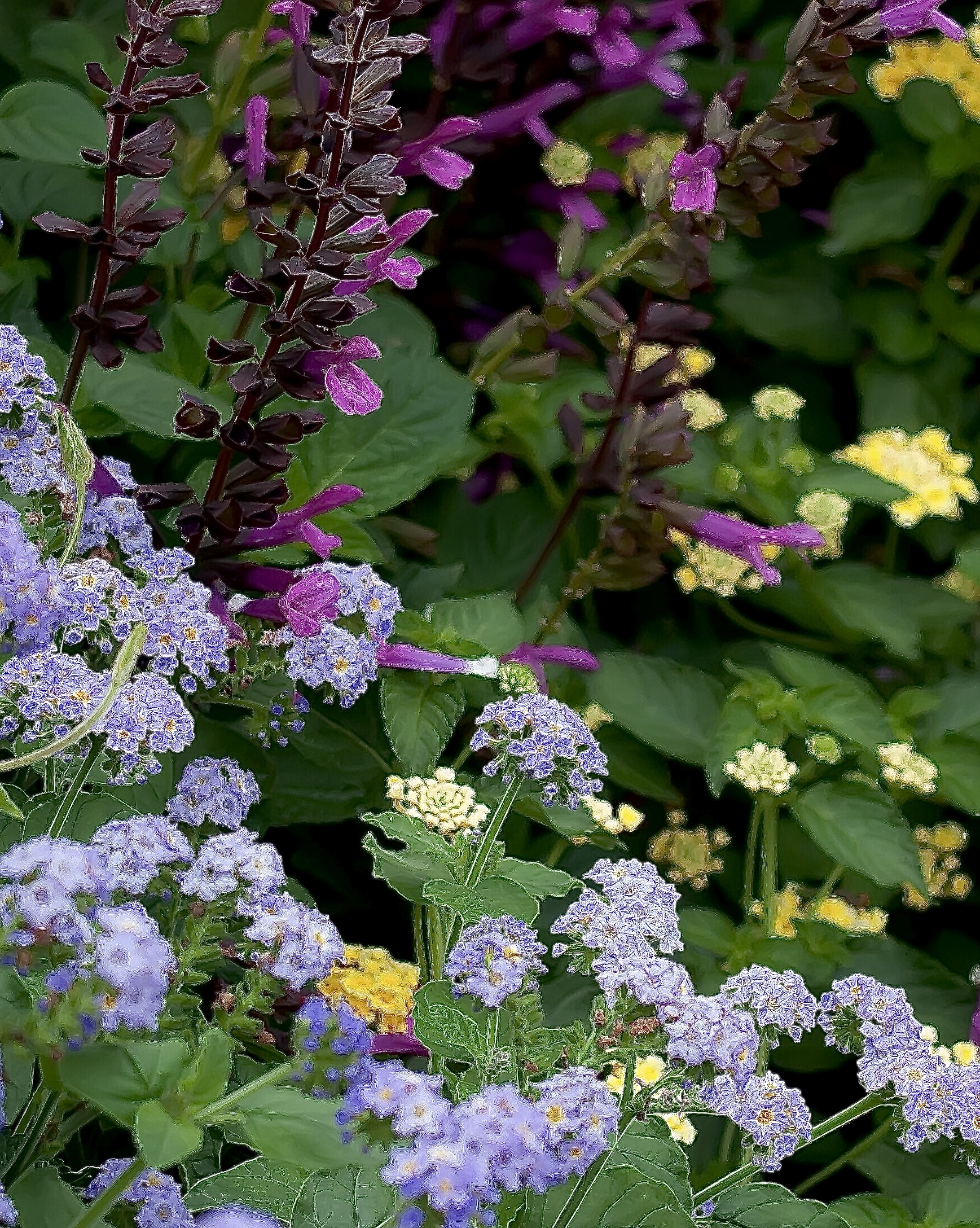
By Hannah Claxton | Editor
The North Texas area is located within USDA Hardiness zones seven and eight. The zones are categorized by predicted low temperatures for winter and timing of the first and last frosts.
Zone seven usually has winter low temps between 0 and 10 degrees F with the average date of the first frost falling between Oct. 29 and Nov. 15 and the average date of the last frost falling between March 22 and April 3.
Overall, these two zones have similar climates and growing conditions, making the options for timing and variety within a garden very similar.
In these zones, cool-season crops should go in the ground in March, meaning that soil preparation should start now.
To read more, pick up a copy of the January edition of North Texas Farm & Ranch magazine, available digitally and in print. To subscribe by mail, call 940-872-5922.
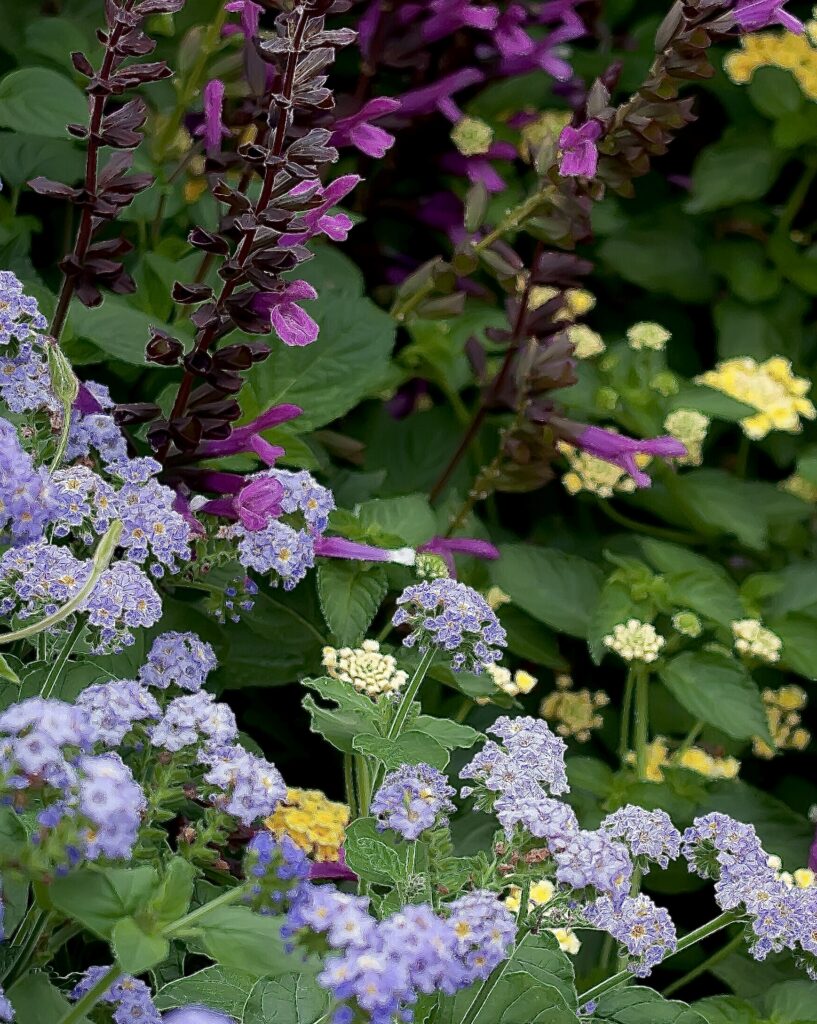
HOME
Equine Vaccinations
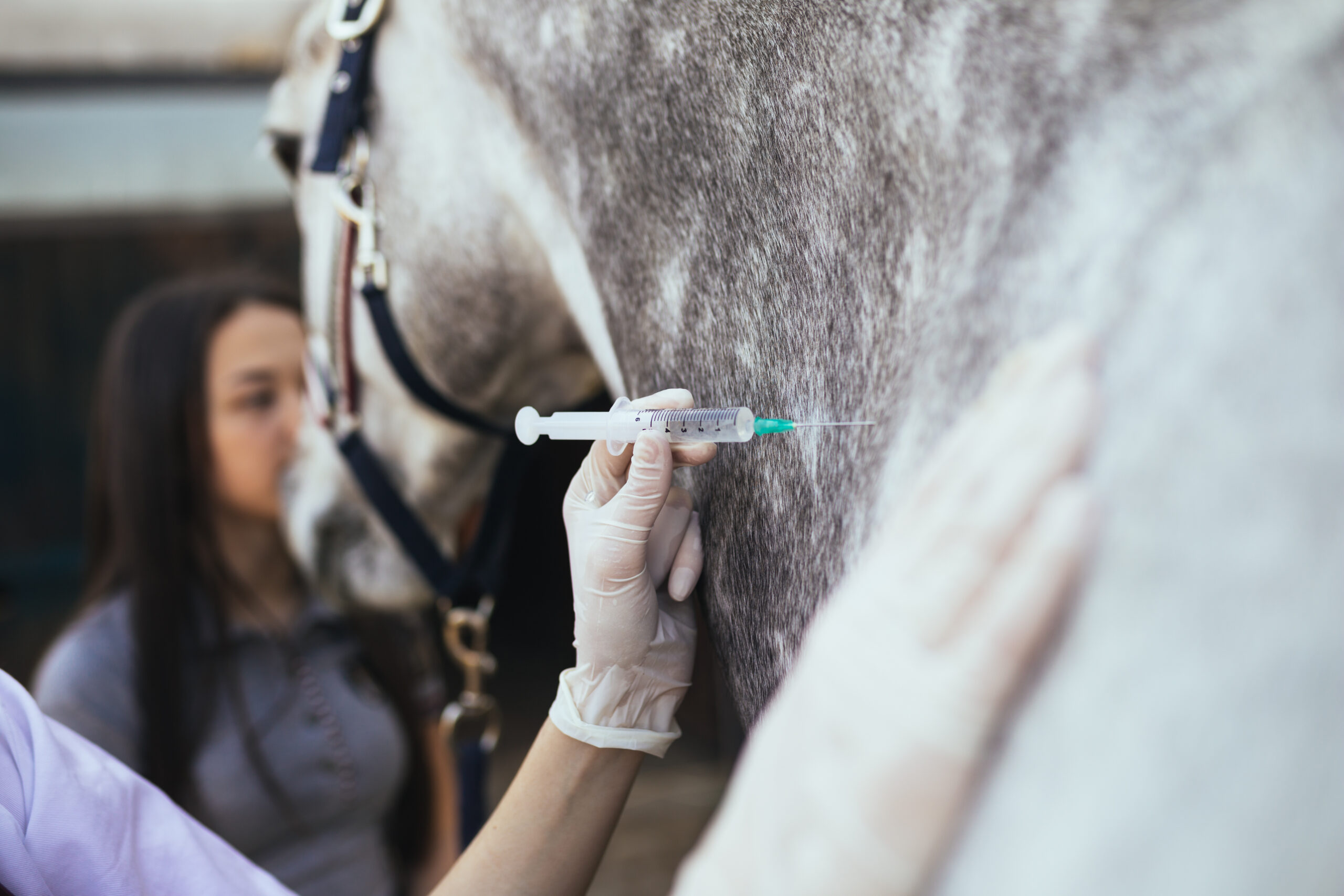
By Heather Lloyd
Vaccinations are a critical component of maintaining the health and well-being of horses, especially in environments where they are exposed to other animals, such as in the sport, show and performance arenas. Horses, like all animals, are susceptible to various infectious diseases that can spread quickly and cause serious harm.
A routine vaccination schedule helps prevent the spread of these diseases by preparing the horse’s immune system.
To read more, pick up a copy of the November edition of North Texas Farm & Ranch magazine, available digitally and in print. To subscribe by mail, call 940-872-5922.
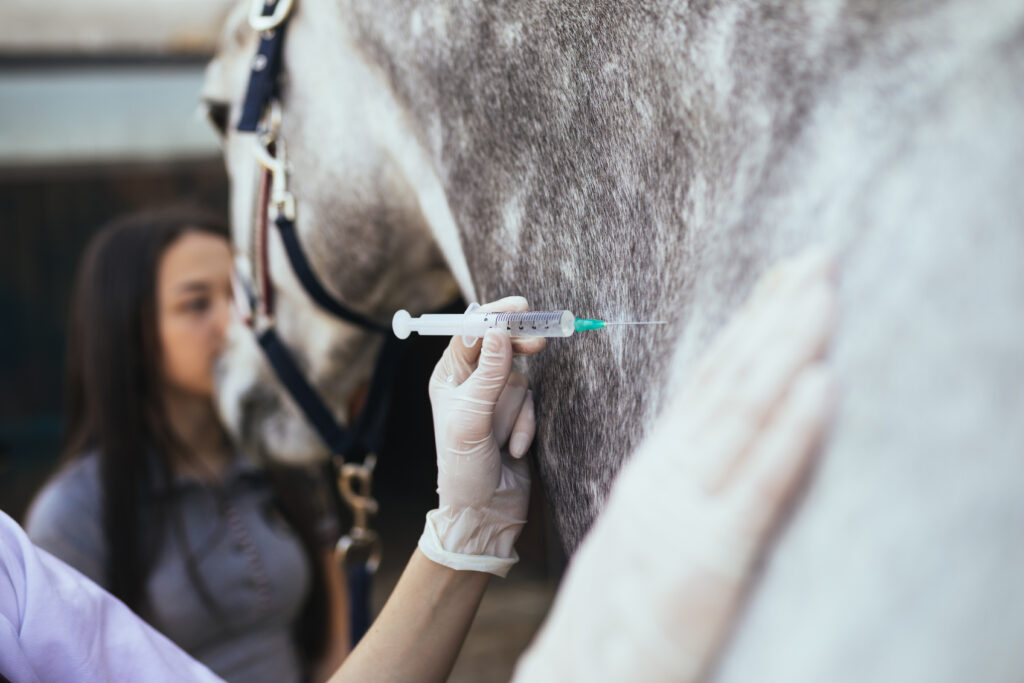
HOME
Wichita Falls Area Cattlewomen
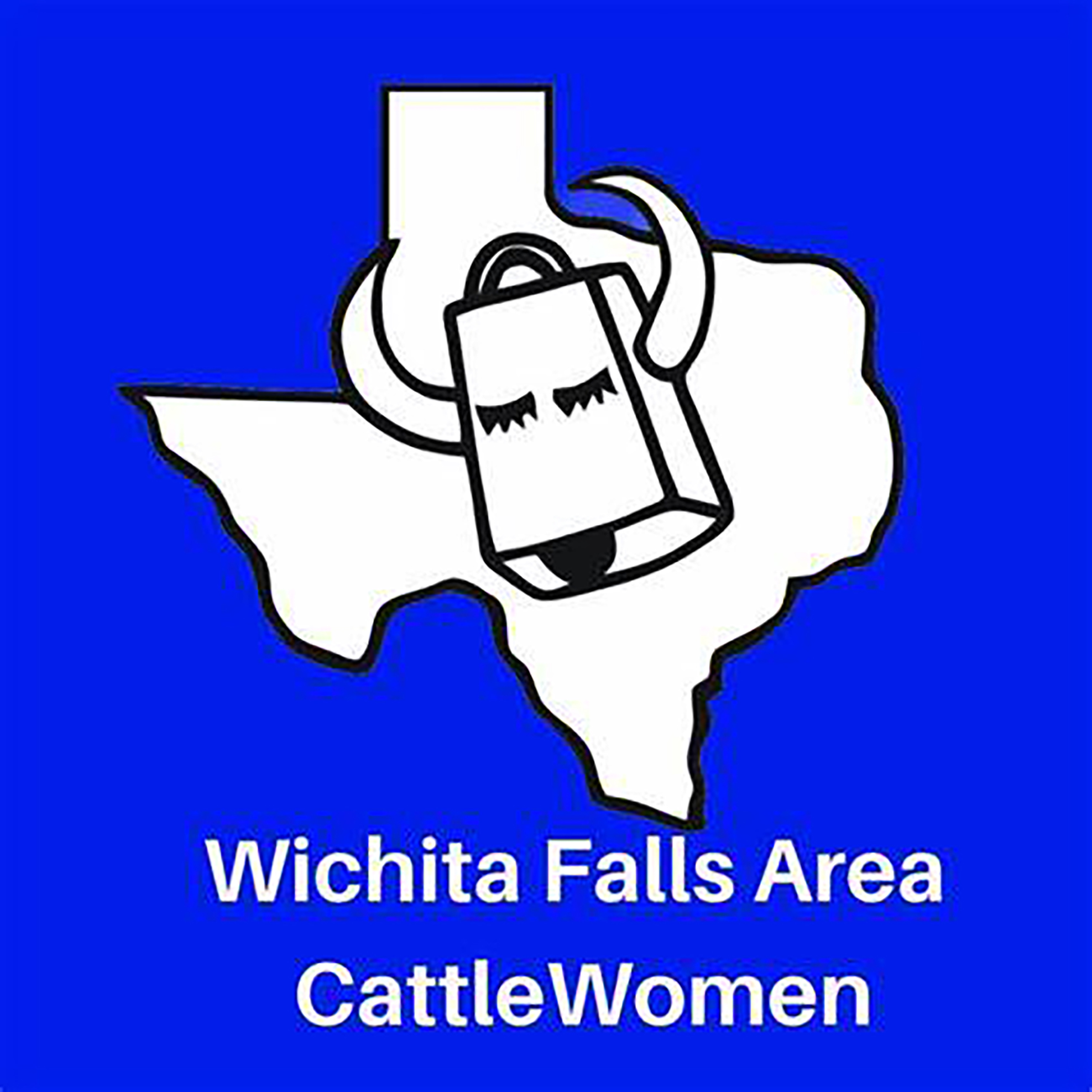
Having herds on a controlled breeding schedule means that we have a predictable calving schedule, and while it’s only over a couple of months, for us it does fall right after the start of the year. I lobby annually to call ours the “Winter calving season”, but I am outvoted and my husband still refers to it as Spring. Unlike producers in our Northern States, we don’t have to contend with brutally harsh winter weather, and on those rare times we do, thankfully it is not for extended periods. Regardless of whether you have a Spring or a Fall calving schedule, the health of a newborn calf begins with the mother’s health, and the mother’s health is largely dependent on the producer.
To read more, pick up a copy of the November edition of North Texas Farm & Ranch magazine, available digitally and in print. To subscribe by mail, call 940-872-5922.
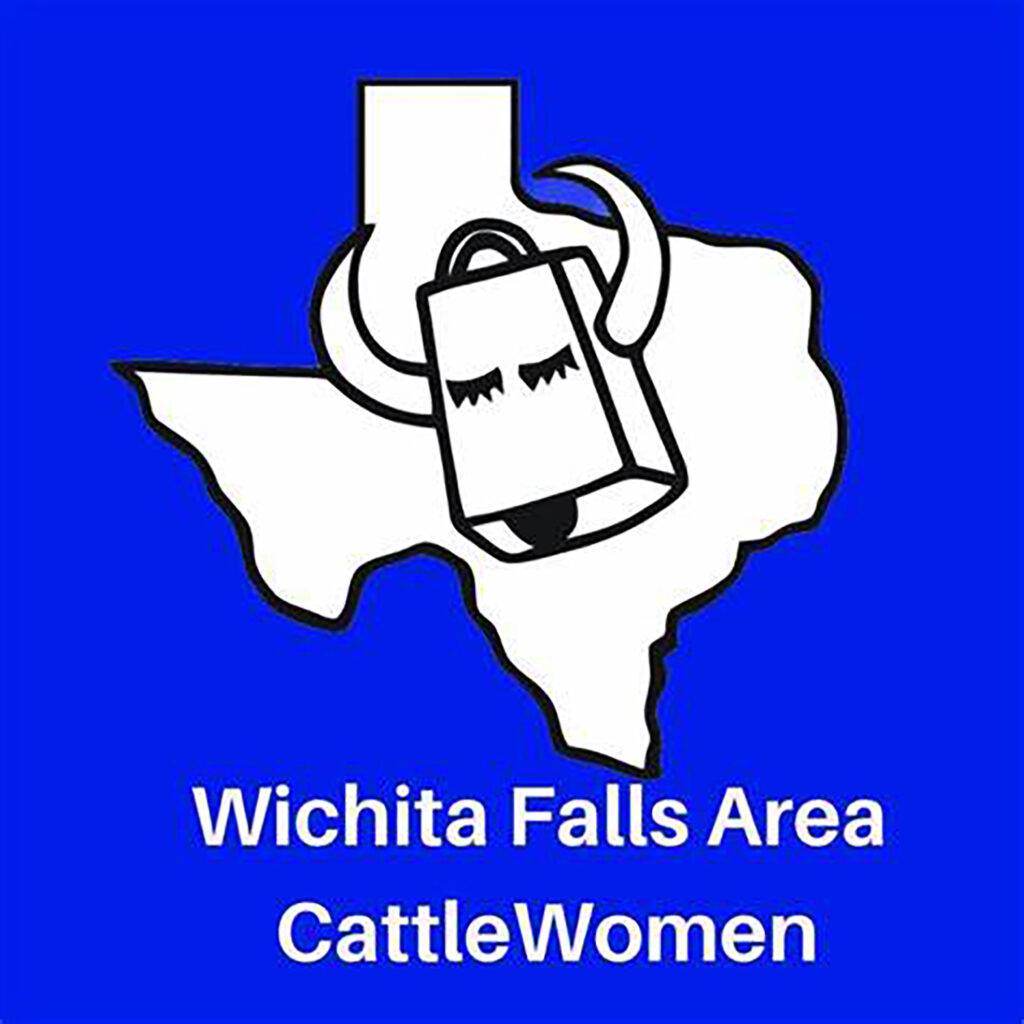
-

 Country Lifestyles2 years ago
Country Lifestyles2 years agoScott & Stacey Schumacher: A Growth Mindset
-

 Country Lifestyles8 years ago
Country Lifestyles8 years agoStyle Your Profile – What your style cowboy hat says about you and new trends in 2017
-

 HOME8 years ago
HOME8 years agoGrazing North Texas – Wilman Lovegrass
-

 Outdoor10 years ago
Outdoor10 years agoButtercup or Primrose?
-

 Country Lifestyles5 years ago
Country Lifestyles5 years agoAmber Crawford, Breakaway Roper
-

 Equine1 year ago
Equine1 year agoThe Will to Win
-

 Country Lifestyles9 years ago
Country Lifestyles9 years agoJune 2016 Profile – The man behind the mic: Bob Tallman
-

 Country Lifestyles8 years ago
Country Lifestyles8 years agoDecember 2016 Profile, Rusty Riddle – The Riddle Way

